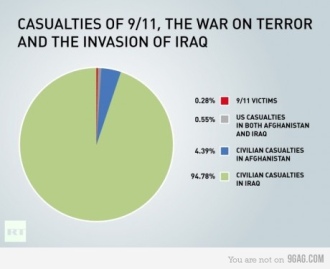Japanese History and the Imperial Family
The history of Japan is divided into the five stages:
I: From the Stone Age tens of thousands of years ago to the establishment of the imperial court around the 4th century.
II: From the establishment of the imperial court to the start of the first samurai regime in the early 12th century.
III: The period of samurai government from the early 12th century to the middle of the 19th century when the last samurai regime collapsed.
IV: From the Meiji Restoration of the imperial authority in 1868 to the end of WWII in 1945.
V: From the end of WWII to the present day.
The most important feature of the Japanese history is that Japan has not been occupied or colonized by foreign tribes or nations except the short period of occupation of Japan by the US and allied forces after WWII. And, Japan has only one family that is recognized as royal family all thorough its history: the Japanese Imperial Family.
It is especially interesting that only one family, the Imperial Family, has occupied the position at the top of the Japanese society and Japanese races all through the Japanese history. Though samurais (warriors with administrative power) took over power from the imperial court in the early 12th century, they did not abolish the imperial court.
Through the period of samurai regimes, samurais established their governments to govern and control all over Japan while emperors and the imperial court were left in Kyoto without any actual political power. However, no samurai families openly tried to supersede or succeeded in superseding the imperial family, though samurai shguns, the top leader of the samurai class, put emperors and the imperial court under their control.
Till the middle of the 19th century, this political structure had worked well. No foreign countries could invade and occupy Japan while the integrity of the Japanese society had been well maintained.
But, when Western nations, including the US and Russia, expanded their colonial activities to the Far East and tried to make Japan open the nation to them based on their military power, samurais understood that the traditional national system of Japan was ineffective. From the early 17th century to the middle of the 19th century, the last samurai regime led by the Tokugawa clan closed the door to most of foreign countries. Bur they found that the world was rapidly changing with Western countries, with advanced technology, expanding their power to Asia. Japan could not be excluded from this trend. Sooner or later, those Western nations with advanced weapons realized by their industrial revolution would soon colonize Japan by force.
Accordingly, Japanese came to abolish the samurai rule and established a modern government with the emperor set anew as the monarch. Ex-samurais became bureaucrats, officials, military officers, and other elite members of a modernized government. This is what is called the Meiji Restoration.
Put simply, to cope with the Western colonizing power and defend Japan and the Japanese race, Japan needed an authentic symbol at the core of its national system. And, the Imperial Family was fit for this purpose. All the Japanese were assembled around the Imperial Family to cope with Western powers. They were requested to pay absolute respect for the Emperor, though some democratic systems were introduced into the Japanese politics and society before WWII.
After the Empire of Japan was defeated and WWII ended, Japan has been strongly influenced by the American culture and civilization. The new Constitution, which ensures full democracy, was adopted where the emperor is defined as a symbol of the Japanese people without real political power. The Japanese people are positioned as supreme rulers of themselves.
So, the Imperial Family has survived to date. It is truly a symbol of the Japanese history. However, it is still unknown what role they should play in future. But one important factor contributing to their 1500-year long survival is that the Imperial Family has been in the center of the traditional culture. If it has lost political authority completely, the Imperial Family should hold a position with authority in the shinto religion and various fields of traditional culture.
**** **** ****
Mar 9:16 And he asked the scribes, What question ye with them?
Mar 9:17 And one of the multitude answered and said, Master, I have brought unto thee my son, which hath a dumb spirit;








